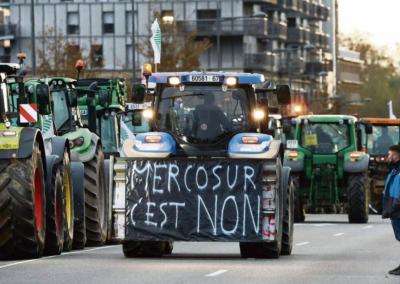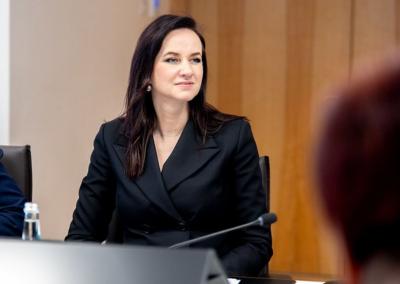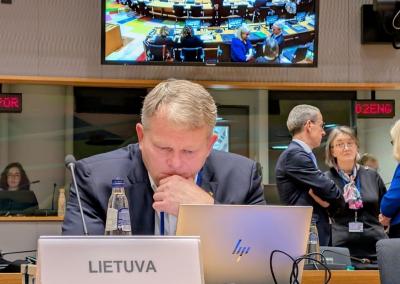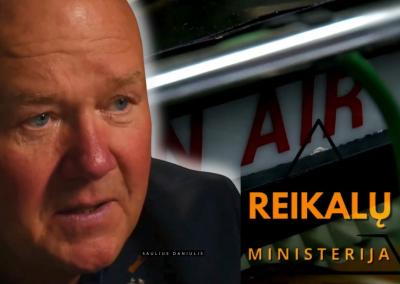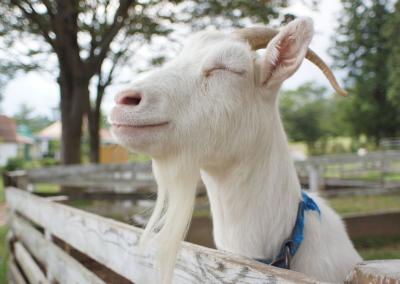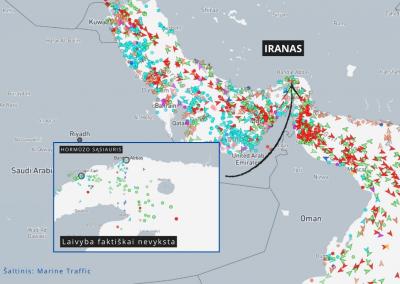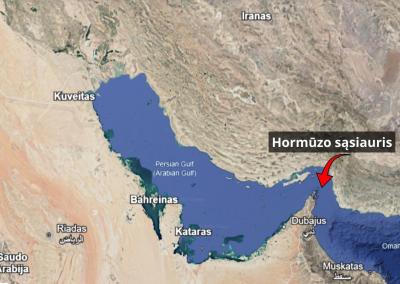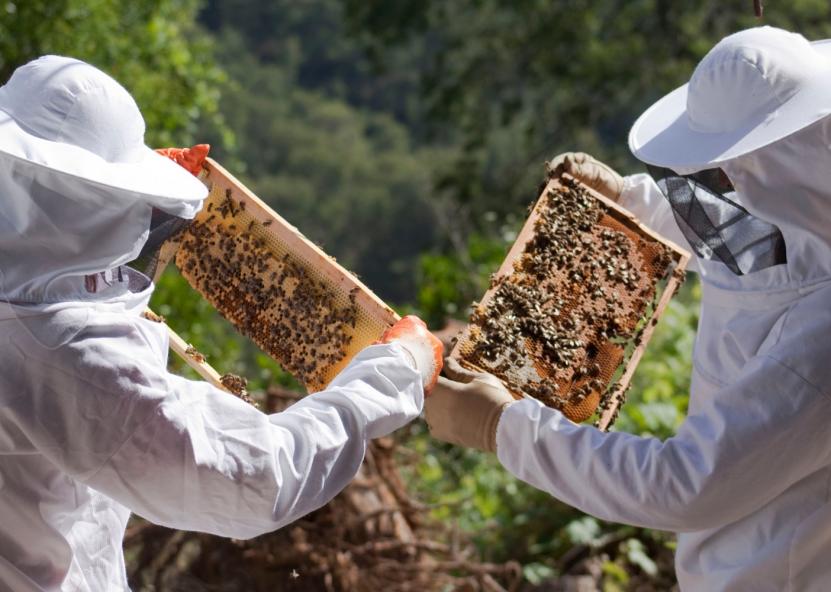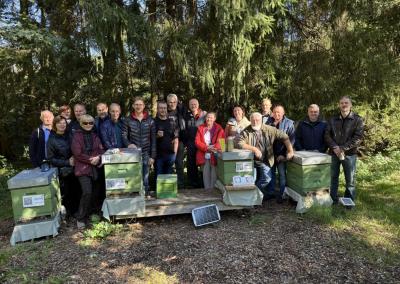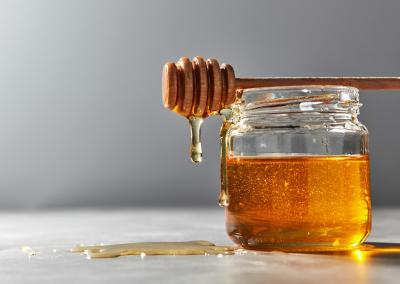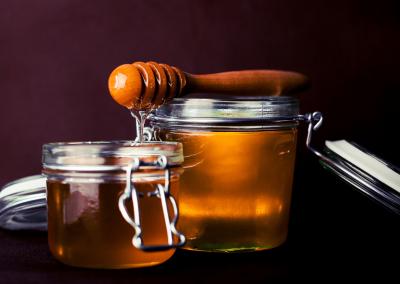When bees bring not only honey but also care
The Lithuanian beekeeping community was warned by the Competition Council a couple of weeks ago that agreements on the prices of goods or services - even if they are based on the desire to save business - are among the most dangerous competition law infringements. This is the Authority's response to the call for solidarity and an increase in both retail and wholesale honey prices issued by the Lithuanian Beekeepers Union (LBS). The message was removed after the warning, but it opened up much bigger problems in the honey market.
Trying to survive rather than agree
While some saw the LSB's call for a "solidarity price increase" as an attempt to regulate the market, beekeepers say it is simply a desperate attempt to survive.
„This is certainly not a reaction to market imbalances, but a simple attempt to survive. The prices we have seen so far are simply a mockery of our work. Look at the market – everything is going up, everything is going up, and the price of honey has been stagnant or even falling for five years. Is this normal?“ – says Roma Mačienė, chairwoman of the Lithuanian Association of Young Beekeepers „Gintarinis siečius”. According to her, the LSB's appeal was addressed to members only and was not intended to be a public call.
„A big balloon has been blown out of a small bubble“, – she says, adding that this situation highlights a deep problem – there is little state support, market mechanisms do not work, so how can beekeepers survive.
„If beekeepers don't talk to each other, they will simply be doomed“, – sums up the chairwoman of the „Amber Swarm”.
The LSB itself declined to comment on the message and its subtext.
Honey and...
But LSB board member Algirdas Žiūkas shared his insights into the problems on the honey market. One of the biggest concerns, he said, is cheap honey imported from third countries.
„In the first quarter of 2025, the largest imports of honey came from Ukraine – 826 tonnes, at a price of just €1.77 per kilo. Polish honey is in second place. Honey imports were 215 tonnes at a price of €2.19/kg. In third place – Chinese honey – 203 tonnes at just €1.35/kg“, – says Mr Žiūkas and hastens to explain what these figures mean. Adding up the imports in Q2, Lithuania has already imported more than a third of the country's honey production this year (i.e. 1,780 tonnes of honey imported in the first half of 2025, while according to unofficial data from the LSB (based on the number of bee colonies counted), beekeepers in the country are producing around 5,000 tonnes of honey a year).
„This is one of the main reasons why beekeeping is difficult and why the market price of honey is very low. It is influenced by cheap imports“, – the LSB board member has no doubt....quality trap
„Although the EU took note of the quantities and quality of imported honey a few years ago and has taken some measures to tackle the situation, these are not effective. China is the biggest counterfeiter of honey," Žiūkas continues, adding that counterfeiting technologies are light years ahead of the EU's quality laboratories, which are currently incapable of accurately identifying whether the honey is bee-originated or just artificial sugar syrup.
In fact, according to an LSB board member, the EU intends to set up more advanced testing laboratories from 2026. What would you like to see from our government in the meantime?
„Greater import controls, a significant increase in authenticity testing. Of course, the government itself would have to increase funding for this," said Mr Žiūkas.
R. Mačienė argues that currently the state does not help beekeepers in any way. „Our state has made it very clear that beekeepers do not know how to be entrepreneurial and do not know how to work. This is the position of our government towards beekeepers. These are the words of the Government last year – so what kind of help from the State can we talk about“, – she does not hide her disappointment.
What should be a cost-effective price for honey?„Wholesale price between €1.20 and €2.80/kg, retail price – around €6/kg. Meanwhile, in Latvia, the retail price has long been around 13 Eur/kg“, – the chairwoman of „Gintarinis siečius” points out the current prices on the honey market.
A. „Lithuania is dominated by multifloral honey and its price becomes a reference point for everyone. In Europe, honey varieties are valued on the basis of quality and rarity – lime, buckwheat or raspberry honey costs much more. Whereas here – everything is thrown into one pot.
He said that for beekeeping to be profitable, the wholesale price should average at least €3 and the retail price should be between €7/kg and €12/kg for exclusive honey.















